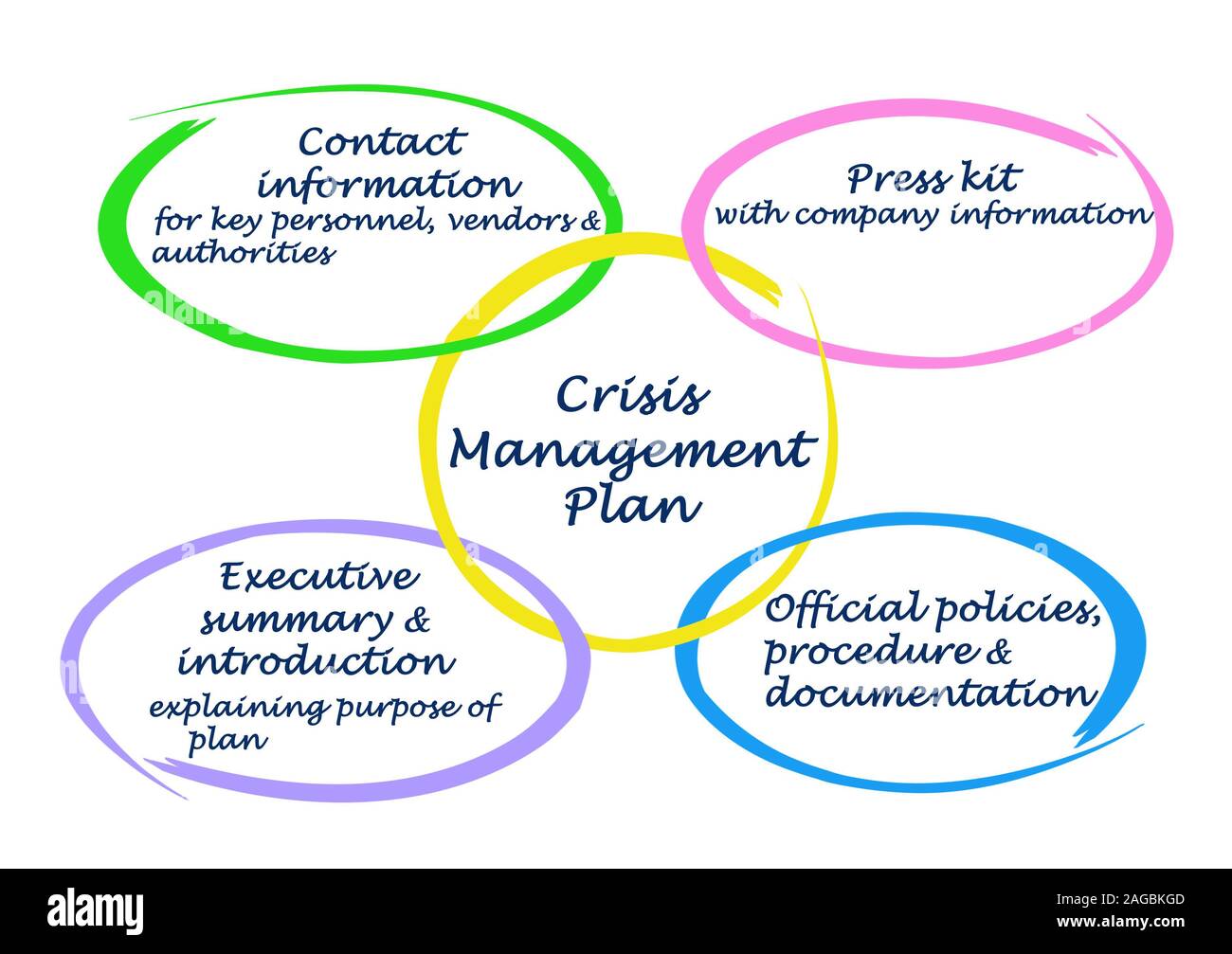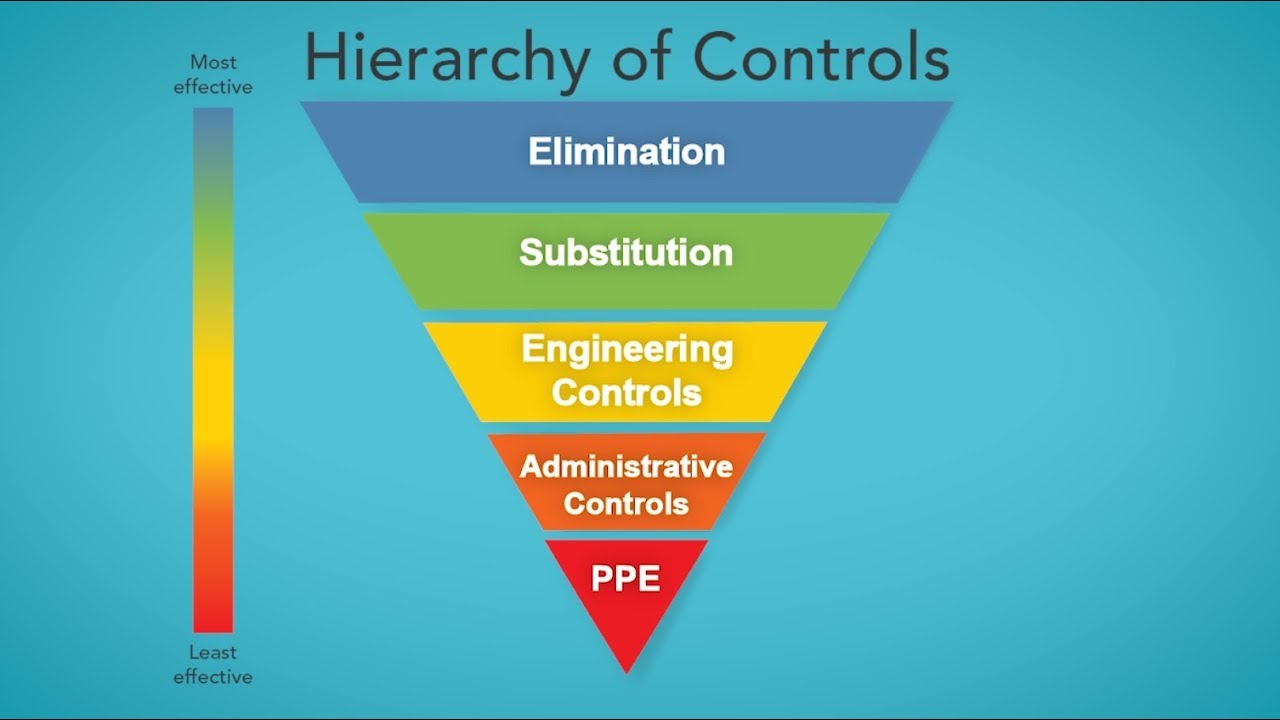
For businesses, project management is vital for several reasons. These include encouraging team spirit and unity, effective resource management, maintaining client contact, and promoting project completion on time. This article will examine a few reasons why project management matters to a business. Continue reading for more. We will also cover some of the ways in which this tool can benefit your organization.
Team members feel more connected when there is project management
Establishing good communication between the team members is one of the most important aspects in project management. A great project manager will listen to team members' opinions and ensure everyone has an opportunity to speak. Team trust can be built by regular communication. Keeping the lines of communication open and clear will help maintain team unity and productivity. Here are some tips and tricks to improve communication within a project management group.

It promotes efficient resource management
Resource management is the ability to ensure that resources, such as time, money and skills, are effectively used. It is about understanding the strengths and weaknesses of individuals to help you allocate your resources more efficiently. It helps balance time and skill levels of the team and keeps current projects on track. Resource forecasting assists managers in predicting future needs and determining conflicts between tasks. It allows managers to plan their resources according to the skills they have.
It keeps clients at an arm's length
Project managers must find the right balance between client needs and company requirements. Clients can be unreasonable and demanding. It is essential to maintain a distance from clients. A good project manager will diffuse any client demands and keep a neutral perspective. Here are some methods to avoid conflict when managing projects.
It encourages timely completion of projects
Project management is the art of planning, organizing, managing, and achieving predetermined goals. It is used to achieve specific goals in all types and sizes of businesses. The types of projects vary depending on the organization and industry. In general, these projects are intended to be completed on time. Good project managers can help ensure success by setting clear goals and deadlines, assuring the success and safety of the team, and identifying potential risks and mitigating them.

It helps to control cost overruns
An unplanned increase in costs is considered a cost overrun in project management. There are many reasons cost overruns may occur. An inaccurate estimate of project costs can cause project delays and rework that may be more costly than meeting stakeholder demands at the beginning. It is essential to understand how to control costs and scope to avoid budget overruns. Here are some common causes that cost overruns can occur.
FAQ
What are the steps that management takes to reach a decision?
Managers face complex and multifaceted decision-making challenges. This involves many factors including analysis, strategy and planning, implementation, measurement and evaluation, feedback, feedback, and others.
Remember that people are humans just like you, and will make mistakes. This is the key to managing them. You are always capable of improving yourself, and there's always room for improvement.
In this video, we explain what the decision-making process looks like in Management. We will explain the importance of different types decisions and how every manager can make them. The following topics will be covered.
What are the four main functions of management?
Management is responsible of planning, organizing, leading, and controlling people as well as resources. It includes creating policies and procedures, as well setting goals.
Management helps an organization achieve its objectives by providing direction, coordination, control, leadership, motivation, supervision, training, and evaluation.
Management's four main functions are:
Planning - Planning refers to deciding what is needed.
Organizing - Organizing involves deciding how things should be done.
Direction - This is the art of getting people to follow your instructions.
Controlling – This refers to ensuring that tasks are carried out according to plan.
What are some common mistakes managers make when managing people?
Managers sometimes make their own job harder than necessary.
They may not delegate enough responsibilities and not provide sufficient support.
Many managers lack the communication skills to motivate and lead their employees.
Managers set unrealistic expectations and make it difficult for their team.
Some managers may try to solve every problem themselves instead of delegating responsibility to others.
Statistics
- The profession is expected to grow 7% by 2028, a bit faster than the national average. (wgu.edu)
- The average salary for financial advisors in 2021 is around $60,000 per year, with the top 10% of the profession making more than $111,000 per year. (wgu.edu)
- Hire the top business lawyers and save up to 60% on legal fees (upcounsel.com)
- Your choice in Step 5 may very likely be the same or similar to the alternative you placed at the top of your list at the end of Step 4. (umassd.edu)
- This field is expected to grow about 7% by 2028, a bit faster than the national average for job growth. (wgu.edu)
External Links
How To
How do you implement a Quality Management Plan (QMP)?
QMP (Quality Management Plan) is a system to improve products and services by implementing continuous improvement. It provides a systematic approach to improving processes, products and customer satisfaction by continuously measuring, analysing, controlling, controlling, and improving them.
QMP is a standard way to improve business performance. QMP's goal is to improve service delivery and production. A QMP should include all three aspects - Processes, Products, and Services. If the QMP focuses on one aspect, it is called "Process." QMP. QMP stands for Product/Service. The QMP that focuses on customer relationships is known as the "Customer" QMP.
When implementing a QMP, there are two main elements: Scope and Strategy. They can be described as follows:
Scope is what the QMP covers and how long it will last. This will be used to define activities that are performed in the first six months of a QMP.
Strategy: This is the description of the steps taken to achieve goals.
A typical QMP has five phases: Planning (Design, Development), Implementation (Implementation), and Maintenance. Here are the details for each phase.
Planning: This stage determines the QMP goals and prioritizes them. All stakeholders involved in the project are consulted to understand their requirements and expectations. Once the objectives and priorities have been identified, it is time to plan the strategy to achieve them.
Design: This stage involves the creation of the vision, mission, strategies and tactics necessary to implement the QMP successfully. These strategies are implemented by the development of detailed plans and procedures.
Development: The development team is responsible for building the resources and capabilities necessary to implement the QMP effectively.
Implementation is the actual implementation of QMP according to the plans.
Maintenance: This is an ongoing procedure to keep the QMP in good condition over time.
In addition, several additional items must be included in the QMP:
Stakeholder Involvement: Stakeholders are important for the success of the QMP. They must be involved in all phases of the QMP's development, planning, execution, maintenance, and design.
Project Initiation - A clear understanding of the problem statement, and the solution is necessary for any project to be initiated. The initiator must know the reason they are doing something and the expected outcome.
Time frame: The QMP's timeframe is critical. If you plan to implement the QMP for a short period, you can start with a simple version. If you are looking for a longer-term commitment, however, you might need more complex versions.
Cost Estimation - Cost estimation is an important part of the QMP. Without knowing how much you will spend, planning is impossible. It is therefore important to calculate the cost before you start the QMP.
QMPs are not only a document, but also a living document. This is the most important aspect of QMPs. It can change as the company grows or changes. It should be reviewed regularly to ensure that it meets current needs.